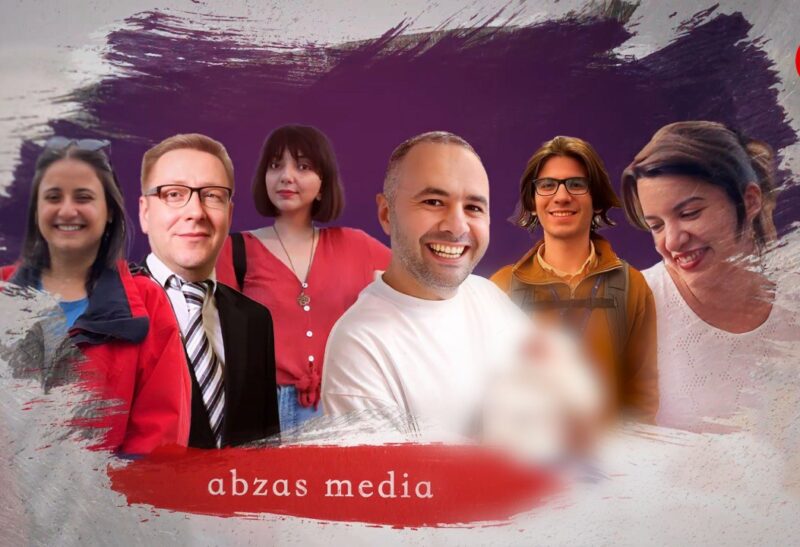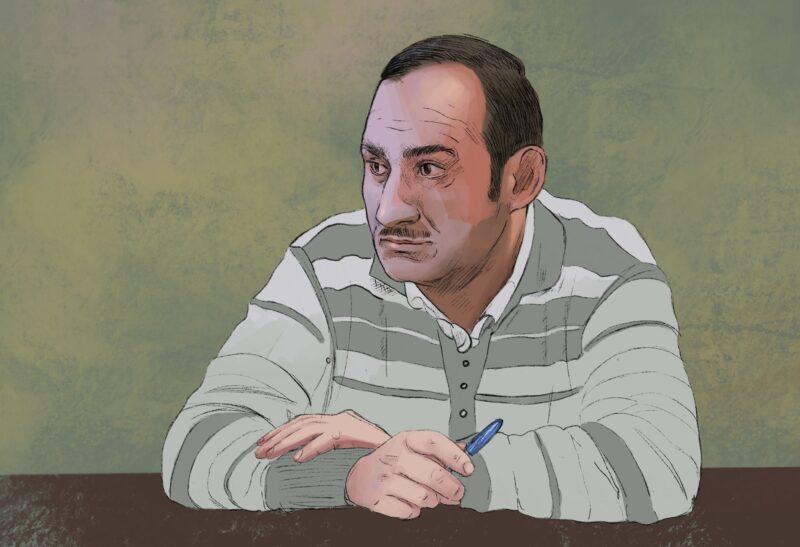Several Azerbaijani users of the social media platform “TikTok” have reportedly been detained, as disclosed by the Ministry of Internal Affairs.
The grounds for these detentions include allegations of violating societal norms, sharing content deemed unethical, and making calls that contradict moral values on online platforms.
Khalid Bagirov, a lawyer interviewed by Meydan TV, drew a clear line between ethical considerations and legal matters. Bagirov expressed concern over what he perceives as the government’s attempt to enforce conformity within Azerbaijani society. He argued against the imprisonment of individuals for expressing dissenting views or engaging in non-conformist behavior on social media platforms. Bagirov linked such actions to a form of state control that disregards individual rights and freedoms.
In his remarks, Bagirov also commented on the role of social media influencers, suggesting that they serve as a mirror reflecting societal dynamics. He criticized the government’s punitive measures, stating that efforts should be directed towards self-improvement rather than suppressing dissenting voices.
Echoing Bagirov’s sentiments, journalist and blogger Sama Abiyeva emphasized the importance of responsible social media use. Abiyeva urged users to consider the impact of their online activities on others, stressing the need to respect personal boundaries and rights. While acknowledging the potential benefits of social media, Abiyeva cautioned against its misuse and emphasized the importance of thoughtful engagement.
The case of Sadiq Mirzayev, a TikTok user sentenced to 30 days in prison, has attracted particular attention. Mirzayev’s joint performances with his son on TikTok have raised concerns about the potential negative influence of his behavior on the child. This case is not an isolated incident, as similar detentions involving other TikTok users have been reported, suggesting a broader trend of crackdowns on social media dissent in Azerbaijan.



